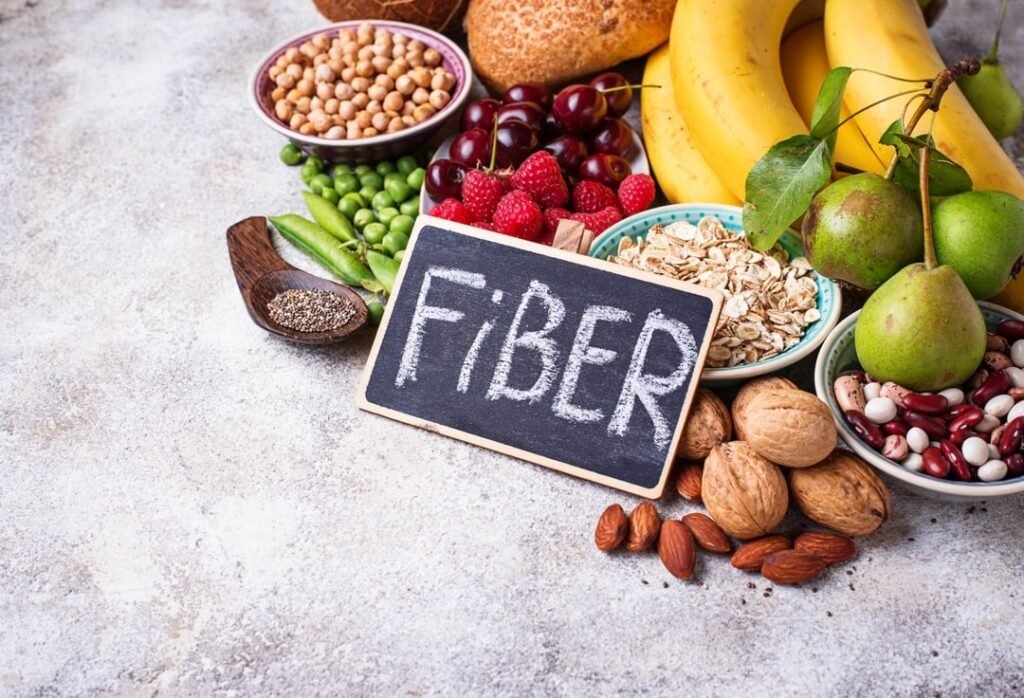The Importance of Fiber in Relieving Constipation
Constipation is a common digestive problem that affects people of all ages. It can be uncomfortable and frustrating, but the good news is that there are natural remedies that can help alleviate the symptoms. One such remedy is consuming fiber-rich foods. In this article, we will explore the importance of fiber in relieving constipation and discuss some fiber-rich foods that can help.
 Image Source: Decathlon Blog
Image Source: Decathlon Blog
Understanding Constipation
Before we delve into the role of fiber in treating constipation, it’s important to understand what constipation is. Constipation is characterized by infrequent bowel movements or difficulty passing stools. It can be caused by a variety of factors, including a lack of fiber in the diet, inadequate fluid intake, a sedentary lifestyle, certain medications, and underlying health conditions.
When you’re constipated, your stools become hard and dry, making them difficult to pass. This can lead to discomfort, bloating, and a feeling of incomplete evacuation. If left untreated, chronic constipation can have a negative impact on your overall health and well-being.
The Role of Fiber in Relieving Constipation
Fiber plays a crucial role in maintaining a healthy digestive system and preventing constipation. There are two types of fiber: soluble fiber and insoluble fiber. Soluble fiber absorbs water and forms a gel-like substance in the intestines, while insoluble fiber adds bulk to the stool and helps it move more easily through the digestive tract.
When you consume foods that are high in fiber, they add bulk to your stools and soften them, making them easier to pass. Fiber also helps regulate bowel movements by promoting regularity. It acts as a natural laxative, stimulating the muscles in the intestines to contract and move waste through the digestive system.
Fiber-Rich Foods for Relieving Constipation
Now that we understand the importance of fiber in relieving constipation, let’s explore some fiber-rich foods that you can incorporate into your diet:
1. Fruits and Vegetables
Fruits and vegetables are excellent sources of fiber. Some fruits that are particularly high in fiber include apples, pears, berries, and oranges. When consuming fruits, it’s best to eat them with the skin whenever possible, as the skin contains a significant amount of fiber.
Vegetables such as broccoli, Brussels sprouts, carrots, and spinach are also rich in fiber. Adding a variety of fruits and vegetables to your meals can help increase your fiber intake and relieve constipation.
2. Whole Grains
Whole grains are another great source of fiber. Opt for whole grain bread, brown rice, quinoa, and oats instead of their refined counterparts. These whole grains retain the bran and germ, which are rich in fiber and nutrients.
Start your day with a bowl of high-fiber cereal or incorporate whole grains into your meals to increase your fiber intake and promote regular bowel movements.
3. Legumes
Legumes, such as beans, lentils, and chickpeas, are not only rich in fiber but also packed with protein. They are a great addition to soups, stews, salads, and side dishes. Including legumes in your diet can help prevent and relieve constipation.
Tips for Increasing Your Fiber Intake
Here are some tips to help you increase your fiber intake and relieve constipation:
- Gradually increase your fiber intake to avoid digestive discomfort.
- Drink plenty of water throughout the day to help soften your stools.
- Include a variety of fiber-rich foods in your meals and snacks.
- Choose whole foods over processed foods, as they tend to be higher in fiber.
- Consider taking a fiber supplement if you’re unable to meet your daily fiber needs through diet alone.
Conclusion
Fiber is a natural remedy for constipation that can help promote regular bowel movements and relieve discomfort. By incorporating fiber-rich foods into your diet and following the tips mentioned, you can effectively manage and prevent constipation. Remember to consult with a healthcare professional if you have chronic or severe constipation that doesn’t improve with dietary changes.




